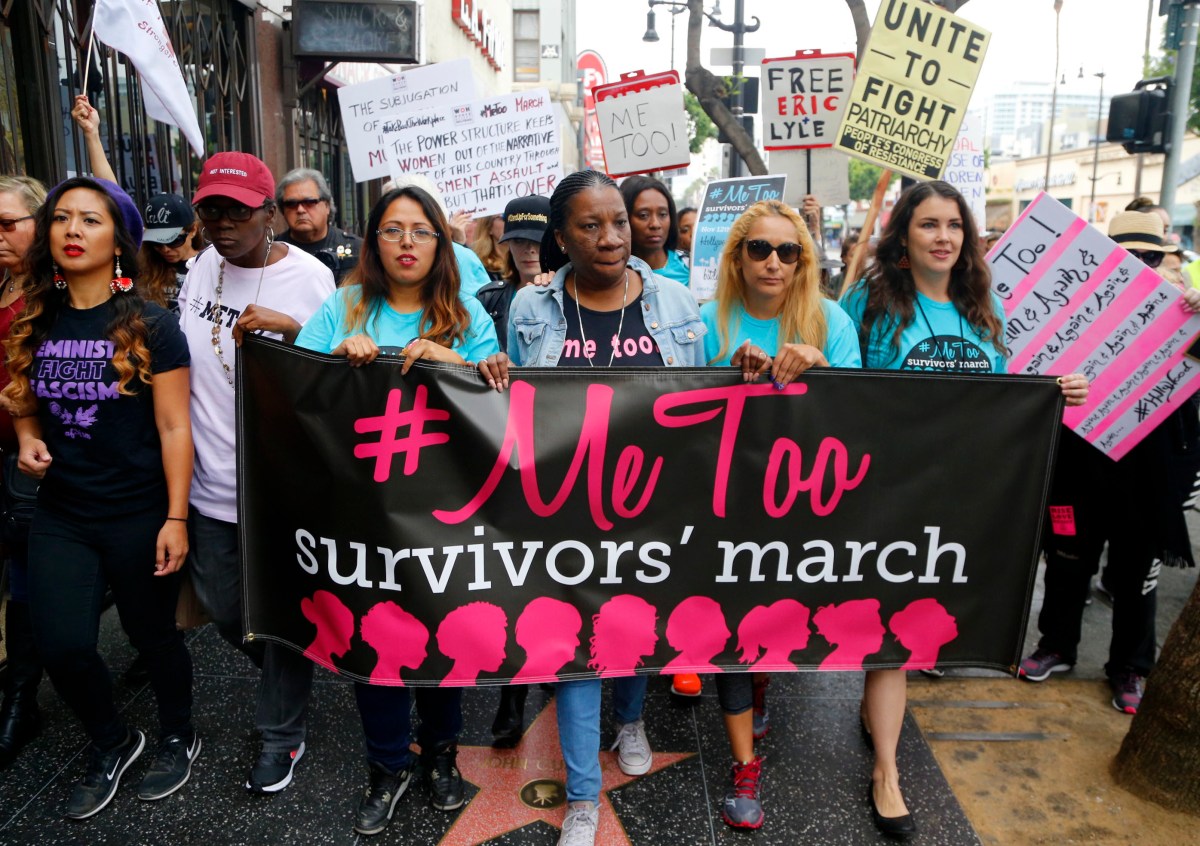Charles Collantes knows how it feels to be in the minority.
When the 29-year-old nursing student at York University began his program, he was among but a handful of future male nurses, stacked against nearly 50 female colleagues.
“It was pretty nerve-racking at first, knowing that once I entered the classroom, I was expecting only two or three guys,” said Collantes. “But after a while, I got used to it.”
Collantes’ classroom isn’t so far gone from the hospital room. At present, men comprise only about six per cent of registered nurses in Canada, according to a 2005 trend report published by the Canadian Institute for Health Information.
The gender imbalance marks a role reversal of sorts for men, who historically dominated the medical profession as physicians until females began closing the disparity.
“I feel that time for nursing is about to come, as well,” said Collantes, “but because of the way everybody perceives nursing as a female-dominated profession, it takes a bit of getting used to, hearing males are getting into nursing.”
Collantes has witnessed the stereotype in action at the hospital where he’s currently completing an academic placement. When patients, male or female, enter the hospital, he said they expect a female nurse and sometimes request one when presented with a male.
James D’Astolfo, founder and president of the Canadian Men in Nursing Group, said male presence in nursing has a long way to go, not just to break the stereotype, but to fuel a forecasted Canadian nursing shortage.
“If we don’t start to attract more nurses into the profession, we’re going to see a huge deficit within the health-care system … Encouraging more men into the profession will certainly help with the nursing shortages that we have and that we’re going to face, come 2011.”
By that time, the Canadian Nurses Association predicts Canada will be short 78,000 nurses, that number rising to 113,000 in 2016. The deficiency can, in part, be attributed to the mass retirement of nurses, whose average age verged 50 in 2005.
















